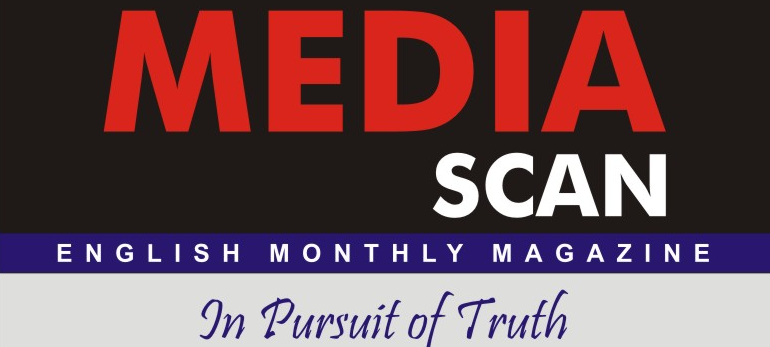It may come as heartening news to many that the famous Mehdi Baug, a century-old complex of mosques, residential buildings and shops in Nagpur (Maharashtra) has been taken over by the Maharashtra State Waqf Board. The Waqf Board is in charge of administering to the charity trusts in the country.
According to an interesting report by Manoj Nair, published on September 15, 2009 in the Mumbai Mirror, “their jurisdiction over the much-contested property is significant because 60 per cent of the 30,000 Muslim trusts in the state are waging a failing battle to keep away encroachers.”
The report goes on to point out that many of these institutions were earlier administered as public trusts by the charity commissioner, “but they either sold properties or allowed trespassers to have a free run of it “
These properties include mosques, dargahs, schools, orphanages and agricultural land. These were given away as endowments for the pleasure of Allah from philanthropic groups and individuals to the poorer members of the community.
According to rough estimate, in Mumbai alone, out of nearly 1,200 such trusts, half of them are involved in litigation to remove encroachers.
Mehdi Baug, built around 1890, is one of the largest properties to be owned by a Muslim trust in the state. Estimates vary about the value of the buildings and agricultural land owned by the trust, but some say it may be to the tune of Rs 1000 crore. Descendants of the philanthropist who bequeathed the properties for religious purposes had challenged its takeover in the High Court and later, in the Supreme Court.
Besides the sprawling Nagpur estate, the trust also controls properties in Ujjain and Jabalpur. “There was no committee for managing the it and various groups fought among themselves to control it. Many buildings had already been sold,” said chief executive officer of the Maharashtra State Waqf Board,S.S. Qadri.
Though in the past, Waqf officials themselves have been accused of allowing the illegal sale of properties, the current board members say that the trusts are in safe hands now.
“Registering the properties under the Waqf Act is the best guarantee to ensure that they are available for the use of the community. Earlier, trustees misused loopholes in public trust laws to get the charity commissioner’s permission to sell properties,” Qadri said.
Advocate Mubin Solkar who has dealt with Waqf matters said that there was a lot of resistance from some trusts to to register under the new provisions.” Their contention is that they are public trusts and not Waqf institutions. They want to continue their association with the charity commissioner. But there are benefits of registering the trusts under the new provisions,” said Solkar.
“The properties remain for the perpetual use of the community as the act of donation is irrevocable. Except acquisition by the government for a specific purpose, the properties cannot be sold.” Qadri said.
Seeing he move to streamline the Waqf properties by the government and the attempt to register them under the Waqf Act, some Christians in Karnataka are trying to organize themselves to see that Christian trusts also are registered in a similar way to stop the illegal sale of Church properties in the state.
Under the provisions of the Waqf Act 1995, the jurisdiction of the trusts are demed to have been automatically transferred to the board, a provision challenged by some trusts. A majority of such institutions number about 12,000 are in Marathwada. So far only 50 per cent of the trusts in the state have got themselves registered under the Waqf Board.
In Mumbai itself, the board is in the process of taking control of 25 acres of largely agricultural land—a third of it encroached—in Chinchoti near Vasai. The land belongs to a dargah in Chinchoti Phata near Vasai.
The state board believes that with new powers granted to them through amendments to the Maharashtra Public Premises (Eviction) Act, they are now in a position to take control of these properties and remove encroachments. ”Earlier, when we asked the district collector for help in removing encroachments, the entire administrative process took a long time. There was no effective deterrent against illegal occupiers,” Qadri said.
By: Ahmed Kamal Khusro

madarsah bord ke hameyeen ko waqf ke sorate hal se sabaq lena chahy
ReplyDeletee n.z.malick